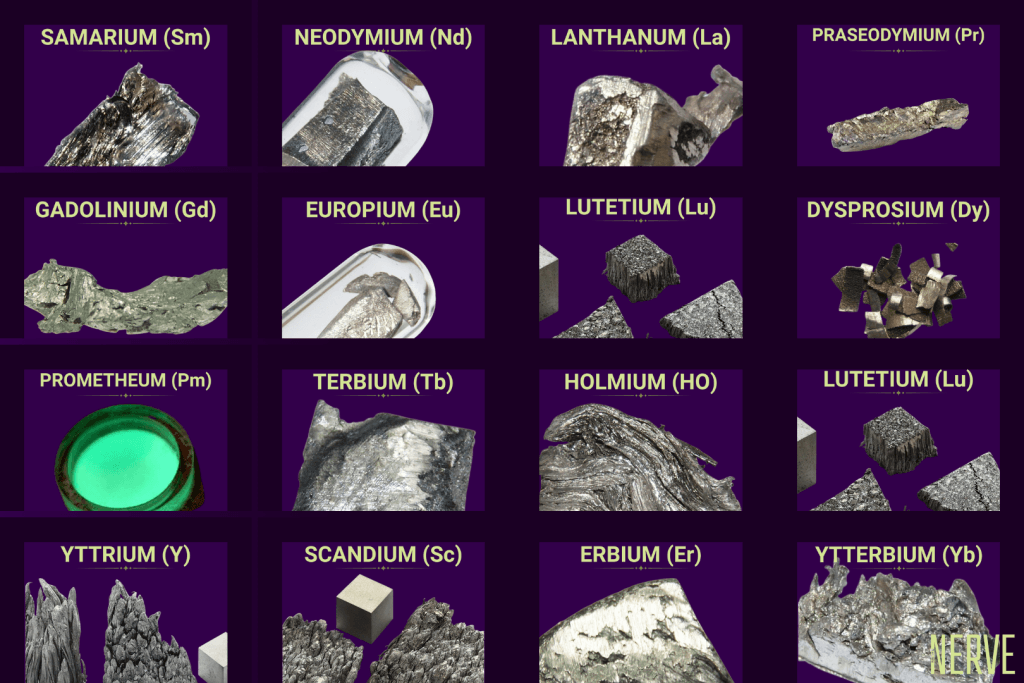A new review of the top 50 AI startups found that 42 are based in the United States. Of those, just 17 were founded by native-born Americans. The rest were founded by immigrants, primarily from India and China. This trend has been lauded as a triumph of American openness by voices in the policy class, but it exposes a deeper failure that the establishment refuses to confront.
The Spin from the Policy Class
Lindsay Milliken at the Institute for Progress argues that immigrant-founded startups are vital to American innovation. But this framing ignores the obvious question: Why are native-born Americans being outcompeted in their own country? Her report notes that 60 percent of U.S.-based AI companies in the 2025 “AI 50” list were immigrant-founded but treats this as proof of immigration’s virtue, not evidence of a broken domestic pipeline.
Brookings Institution’s Darrell West takes it even further, claiming that Trump’s immigration policies “threaten American AI leadership.” But West’s premise rests on the belief that without foreign-born technocrats, America has no shot at competing. That is not a vision. It is an admission of surrender.
It also positions both West and Milliken in the unfavorable position of explaining just what they think confers an implicit advantage to the immigrant over the native-born American, and “diversity” would not suffice to answer here.
The Real Crisis: A Deliberately Broken Pipeline
The bipartisan consensus has been to bypass American youth, not rebuild them. Rather than question why U.S. students are failing to enter elite AI sectors, policymakers have chosen to import labor from abroad to fill the vacuum. This is not a meritocracy. It is a pipeline replacement strategy masquerading as progress.
A real nationalist policy would invest in domestic talent, rebuild the American education system, and reject the idea that we must depend on foreign labor to power our future.
This is not about immigrants. It is about who our leaders are choosing to replace you with.
America’s failure to cultivate native AI talent did not happen by accident. It was the result of a series of deliberate choices spanning education, labor, and culture that weakened the domestic innovation base. In the coming weeks, Nerve will be unpacking each of these failures in greater depth. From the collapse of STEM standards to the monetization of our universities by foreign enrollment, and from the cultural erasure of merit to the long-term neglect of public education reform, we will be tracing the architecture of decline. These are not isolated policy mistakes. They are coordinated indicators of a regime that prefers to manage America’s decay rather than reverse it.




